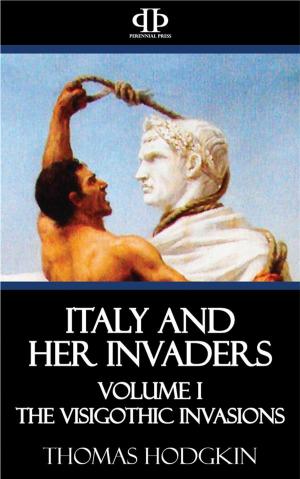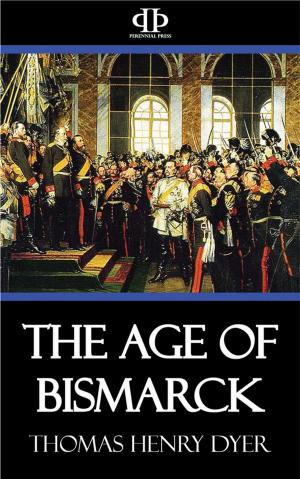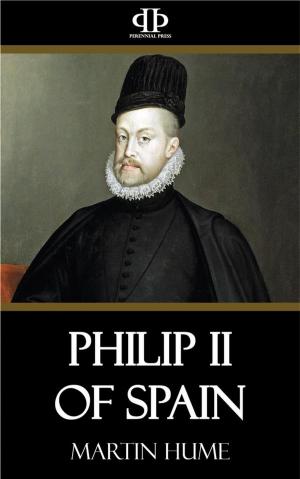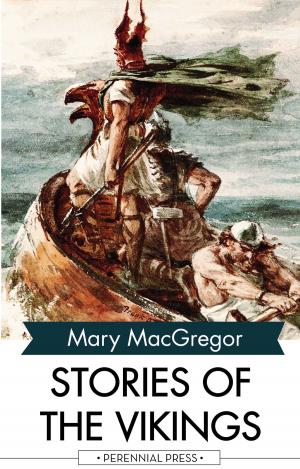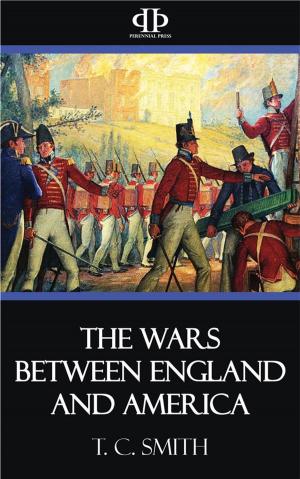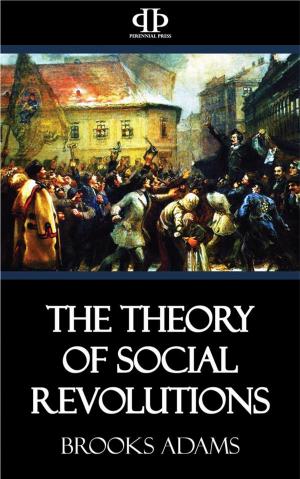| Author: | John Marriot | ISBN: | 9781518357749 |
| Publisher: | Perennial Press | Publication: | January 2, 2016 |
| Imprint: | Language: | English |
| Author: | John Marriot |
| ISBN: | 9781518357749 |
| Publisher: | Perennial Press |
| Publication: | January 2, 2016 |
| Imprint: | |
| Language: | English |
SINCE the death of Frederick the Great in 1786 the kingdom of Prussia has been a state of a unique type, occupying a special position both in Germany and in Europe. Since 1867 it has accomplished by its own methods a momentous task, the unification of Germany and the erection of a German Empire, under the presidency of the House of Hohenzollern. Since 1871 it is not without the justification of historical fact and present realities that when we speak of Germany we think of Prussia, and when we speak of Prussia we are thinking of Germany.
'The whole Empire', wrote Treitschke (Politik, ii. 346), 'is based historically and politically on the fact that it is (as Emperor William once said to Bismarck) "an extended Prussia", that Prussia is the dominant factor, both in fact and in formula. What is our German Imperial army? Unquestionably it is the Prussian army, which, by the Army Bill of 1814, was developed into a nation in arms, extending over the whole Empire. The German Imperial Post, the telegraph system, the Imperial Bank are old Prussian institutions, extended to the Empire.... The conditions are such that the will of the Empire can in the last instance be nothing else than the will of the Prussian state.'
If the supremacy of Prussia in the modern German Empire rests on the sure foundations of a great prestige and a great tradition, it rests no less on solid and indisputable facts; on the characteristic features of the Prussian state, the geographical and territorial position of Prussia in Germany, the prerogatives of the Prussian monarchy, the alliance of that monarchy with the governing class, the strength of the Prussian army, civil bureaucracy and administration, the Imperial navy, which is essentially a Prussian creation, and whose arsenals are Prussian strongholds; on the organization of intellect and the industrial resources and economy of the Prussian people. It is no less indisputable that neither within nor without the boundaries of the German Empire is there any German state capable of challenging, singlehanded or in combination with other German states, the supremacy of Prussia. The defeat of Austria and her exclusion from Germany in 1866-7 were the indispensable conditions of a German Empire controlled and directed by Prussia, and the political reality on which that German Empire was founded. Since 1871 Austria, so far as she is a German state, could only be a vassal ally, not a rival, of Prussia. The gravamen of Bismarck's indictment of Prussian policy between 1815 and 1860 has been decisively and finally reversed. If Prussian policy in that epoch was made, as he asserted truly enough, at Vienna, and not at Berlin, Austrian policy from 1879 to 194 has been made at Berlin and not at Vienna...
SINCE the death of Frederick the Great in 1786 the kingdom of Prussia has been a state of a unique type, occupying a special position both in Germany and in Europe. Since 1867 it has accomplished by its own methods a momentous task, the unification of Germany and the erection of a German Empire, under the presidency of the House of Hohenzollern. Since 1871 it is not without the justification of historical fact and present realities that when we speak of Germany we think of Prussia, and when we speak of Prussia we are thinking of Germany.
'The whole Empire', wrote Treitschke (Politik, ii. 346), 'is based historically and politically on the fact that it is (as Emperor William once said to Bismarck) "an extended Prussia", that Prussia is the dominant factor, both in fact and in formula. What is our German Imperial army? Unquestionably it is the Prussian army, which, by the Army Bill of 1814, was developed into a nation in arms, extending over the whole Empire. The German Imperial Post, the telegraph system, the Imperial Bank are old Prussian institutions, extended to the Empire.... The conditions are such that the will of the Empire can in the last instance be nothing else than the will of the Prussian state.'
If the supremacy of Prussia in the modern German Empire rests on the sure foundations of a great prestige and a great tradition, it rests no less on solid and indisputable facts; on the characteristic features of the Prussian state, the geographical and territorial position of Prussia in Germany, the prerogatives of the Prussian monarchy, the alliance of that monarchy with the governing class, the strength of the Prussian army, civil bureaucracy and administration, the Imperial navy, which is essentially a Prussian creation, and whose arsenals are Prussian strongholds; on the organization of intellect and the industrial resources and economy of the Prussian people. It is no less indisputable that neither within nor without the boundaries of the German Empire is there any German state capable of challenging, singlehanded or in combination with other German states, the supremacy of Prussia. The defeat of Austria and her exclusion from Germany in 1866-7 were the indispensable conditions of a German Empire controlled and directed by Prussia, and the political reality on which that German Empire was founded. Since 1871 Austria, so far as she is a German state, could only be a vassal ally, not a rival, of Prussia. The gravamen of Bismarck's indictment of Prussian policy between 1815 and 1860 has been decisively and finally reversed. If Prussian policy in that epoch was made, as he asserted truly enough, at Vienna, and not at Berlin, Austrian policy from 1879 to 194 has been made at Berlin and not at Vienna...


